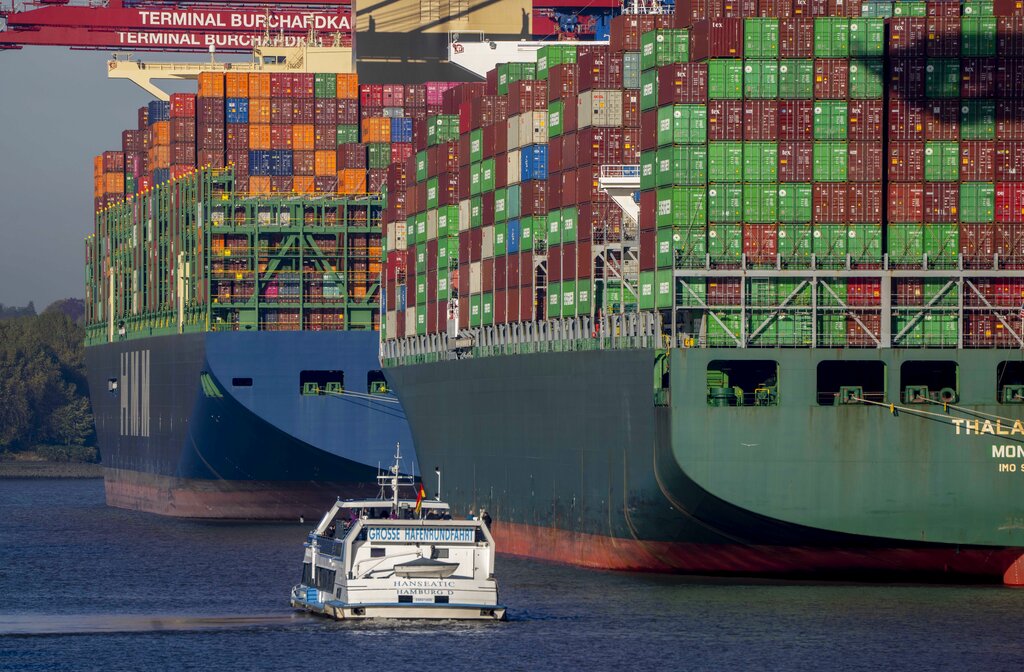The growing Chinese investments in Hungary are to the benefit of both countries, Csaba Moldicz, the head of the Matthias Corvinus College foreign relations school said in an interview.
“A central element of China’s strategy is to pursue globalization. The Belt and Road Initiative and other Chinese economic projects are a conscious, strategically premeditated extension of China’s economic and political power, but many other countries are also beneficiaries of these initiatives, China simply needs new markets and to expand its economic and technological cooperation in order to catch up economically,” Moldicz said.
He added that the Belt and Road Initiative is timely for Hungary, as it coincides with the country’s policy of opening up to the East. This approach seeks to expand Hungarian trade, investment and technology transfer and thus diversify the economy. In Sino-Hungarian relations, there is an increasing volume of trade and direct investment in China, particularly in the production of electric cars and batteries.
Meanwhile, the recent decision of the European Commission to significantly increase import duties on Chinese electric cars has been met with protests. German car manufacturers state that these protectionist measures do not improve their competitiveness and they are basically in favor of free trade. The irony of the situation is that it is precisely those whom the measure was intended to protect who are protesting.
When it comes to systemic state aid, according to the Global Trade Alert 2022 report, the EU, China, and the U.S. frequently use state aid, but the EU is the most protectionist of the big three in terms of both the amount and value of subsidies.
State subsidies granted by Chinese regional governments benefit not only Chinese companies but also Western companies based there, and according to some calculations, on average more than local companies.






